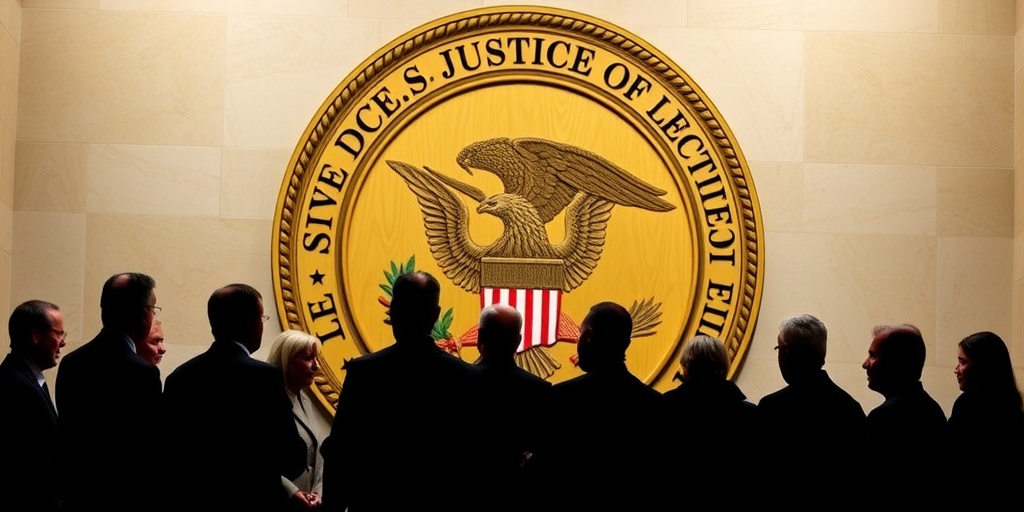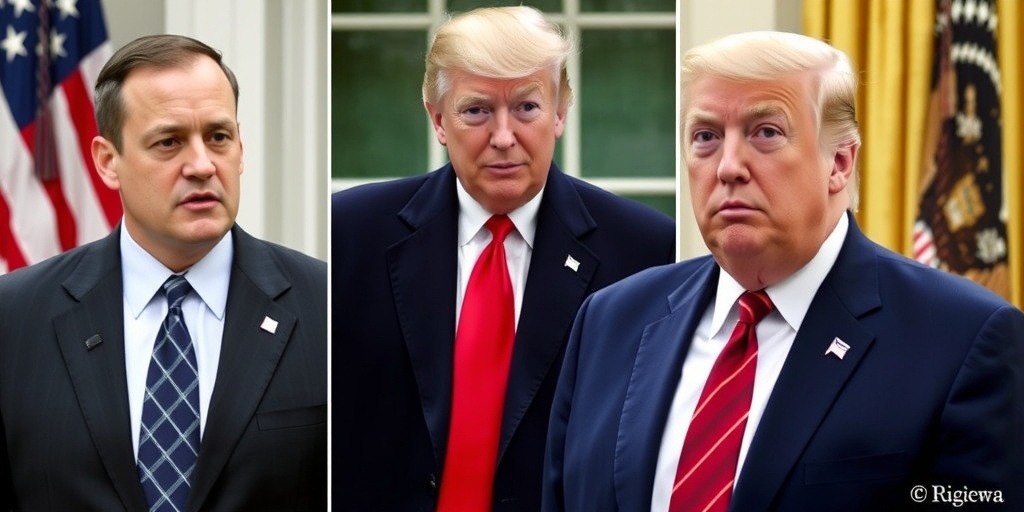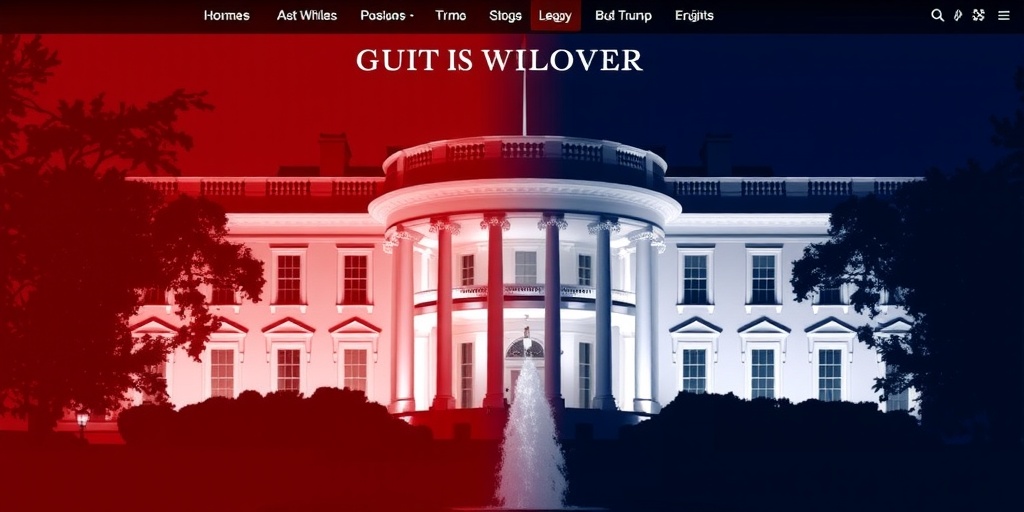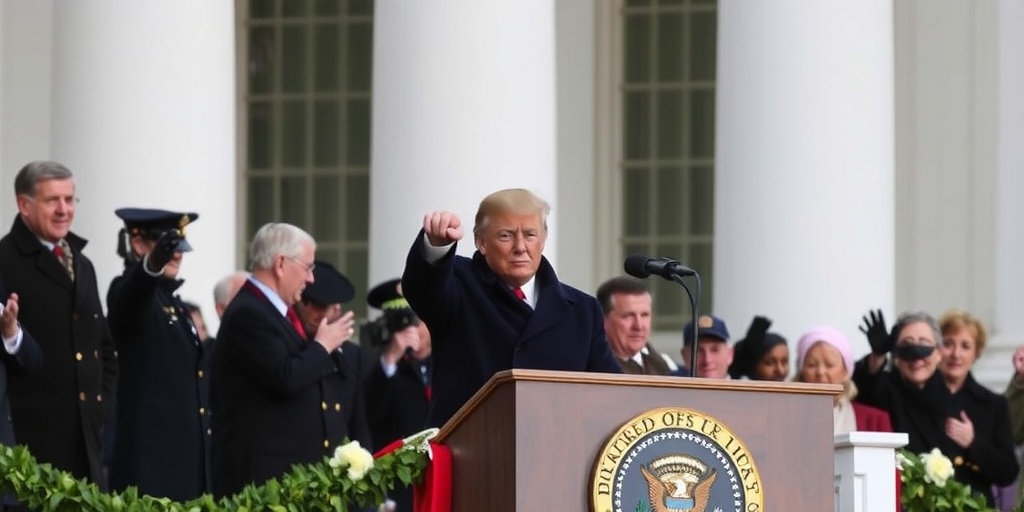Now Reading: Trump Renames Denali to McKinley, Invoking Presidential Idol
-
01
Trump Renames Denali to McKinley, Invoking Presidential Idol
Trump Renames Denali to McKinley, Invoking Presidential Idol
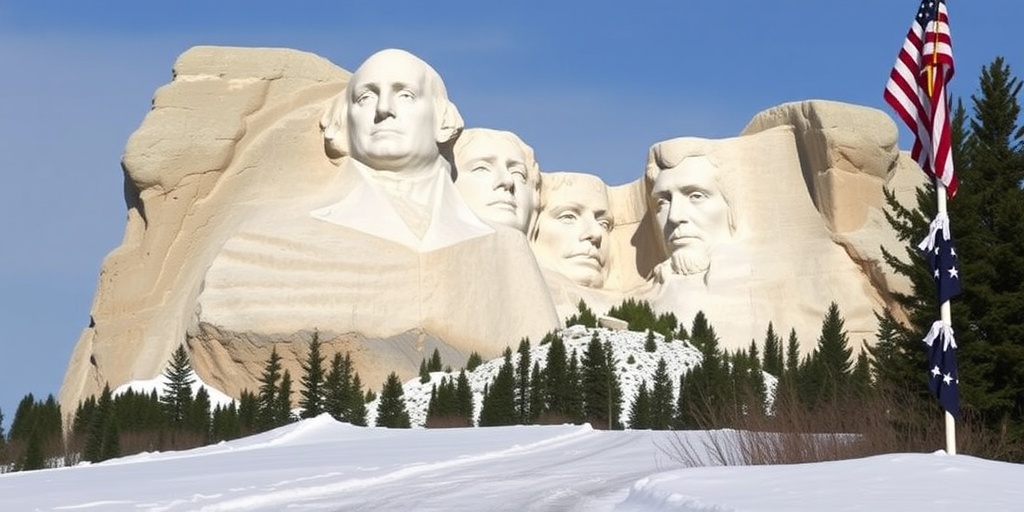
Trump to Rename Denali Back to Mount McKinley in Executive Order
In a significant reversal of policy, President Donald Trump announced on Monday that he would sign an executive order to rename the tallest mountain in North America from Denali back to Mount McKinley. This decision counters the 2015 action taken by President Barack Obama, which had restored the mountain’s original name from the Koyukon Athabascans, translating to "the great one" or "the high one."
The mountain, which rises to over 20,000 feet, has been informally known as Denali for decades. However, its official designation as Mount McKinley has deep historical roots dating back to a prospector’s suggestion in 1896, shortly after McKinley won his first presidential election. The name was officially codified in 1917, to honor the 25th president, who, notably, never visited Alaska during his lifetime—having been assassinated just months into his second term.
Trump’s announced name change appears to stem from his growing admiration for McKinley. During the final stretch of his campaign, Trump portrayed McKinley as a “great but highly underrated president,” specifically praising his advocacy of high tariffs. The President’s focus on McKinley is particularly notable in light of his own policy priorities, where trade and industry remain a cornerstone of his administration’s agenda.
This new executive order is expected to prompt backlash, particularly from Alaskan officials and Native groups who have long advocated for the recognition of Denali as the mountain’s name. Alaska’s politicians and Indigenous communities consistently emphasize the importance of the original name, which honors their cultural heritage and respects the land they have inhabited for thousands of years.
U.S. Senators from Alaska, Lisa Murkowski and Dan Sullivan, have publicly expressed support for maintaining the name Denali. They uphold that the name change should not be a point of contention in ongoing political discourse. Senator Murkowski, who chairs the Senate Indian Affairs Committee, stated in a recent press release, "You can’t improve upon the name. It is the rightful name for this majestic mountain to respect Alaska’s first people who have lived on these lands for thousands of years." She further asserted that the issue of the mountain’s name should not be reopened, reiterating her position against relitigating this matter.
The Mount McKinley name holds significance, particularly for those in McKinley’s home state of Ohio, where legislators have consistently expressed opposition to any effort aimed at changing the mountain’s name back to Denali. Since the 1970s, there have been growing calls from Alaskans to formally adopt the name Denali. Previous attempts to legislate this change faced stiff resistance, especially from Ohio politicians until Obama utilized his executive authority to enact the name change in 2015.
The decision to revert the name back to Mount McKinley raises questions regarding the future of Alaska’s political landscape and the sentiment surrounding Indigenous recognition. Alaskan officials have also pointed out the historical context of the name Denali and expressed the need to honor the traditions and languages of the Native populations.
Now, with Trump’s impending executive order to rename Denali once again as Mount McKinley, various stakeholders will find themselves reexamining their positions. Local Indigenous tribes have expressed their concerns about the political motivations behind the decision, emphasizing that cultural preservation should take precedence over historical designations made in distant political contexts.
As this issue evolves, it will not only affect local sentiments in Alaska but may also resonate on a national scale, prompting discussions about heritage, recognition, and the legacy of American presidents. With deeply entrenched opinions on both sides, the attempt to rename Denali officially back to Mount McKinley is sure to kindle debates about the importance of history and the ongoing dialogue about identity and representation in the United States.
The ongoing tension between the preservation of Indigenous names versus historical tributes to American presidents presents a complex issue that speaks to broader themes of respect, identity, and the recognition of America’s diverse cultures. As both sides prepare for the unfolding controversy, all eyes will be on how this executive order impacts the relationship between the federal government and Alaska’s Indigenous communities in the long run.
Stay Informed With the Latest & Most Important News
Previous Post
Next Post
-
 01New technology breakthrough has everyone talking right now
01New technology breakthrough has everyone talking right now -
 02Unbelievable life hack everyone needs to try today
02Unbelievable life hack everyone needs to try today -
 03Fascinating discovery found buried deep beneath the ocean
03Fascinating discovery found buried deep beneath the ocean -
 04Man invents genius device that solves everyday problems
04Man invents genius device that solves everyday problems -
 05Shocking discovery that changes what we know forever
05Shocking discovery that changes what we know forever -
 06Internet goes wild over celebrity’s unexpected fashion choice
06Internet goes wild over celebrity’s unexpected fashion choice -
 07Rare animal sighting stuns scientists and wildlife lovers
07Rare animal sighting stuns scientists and wildlife lovers













